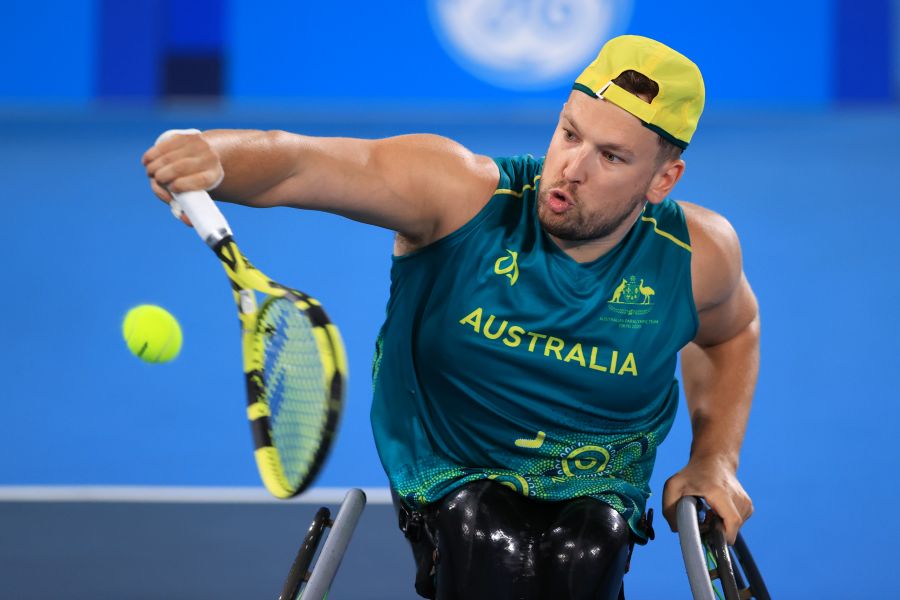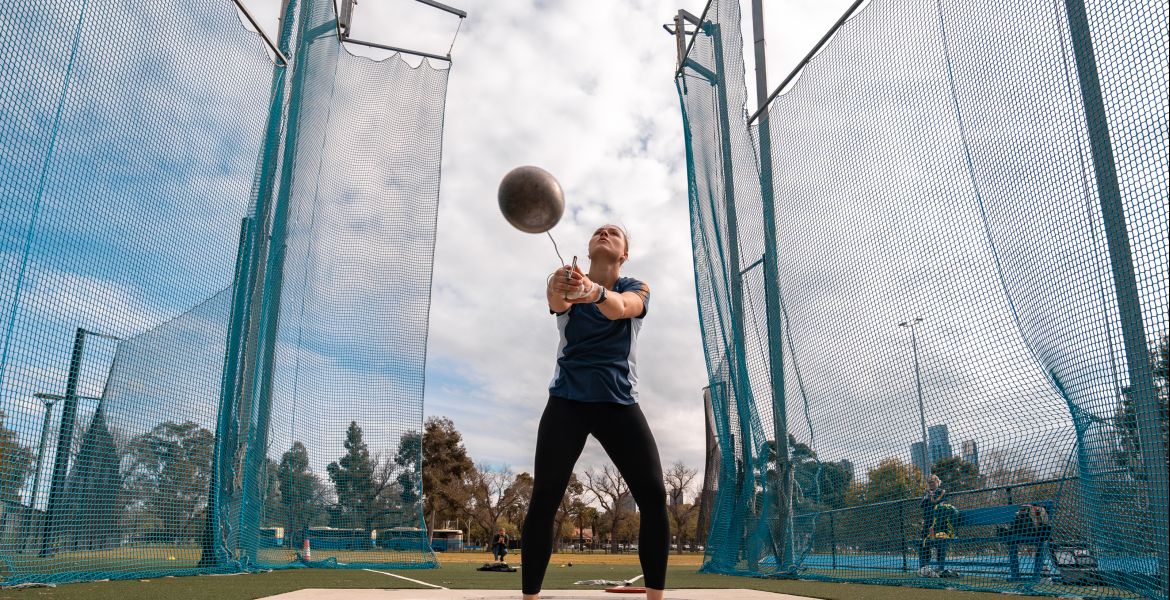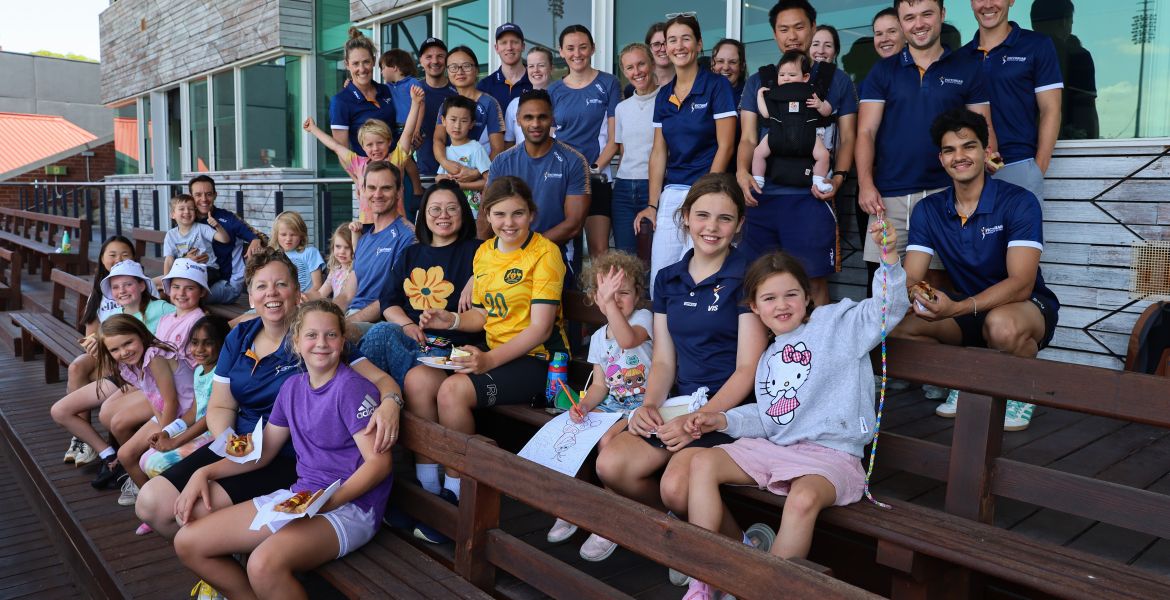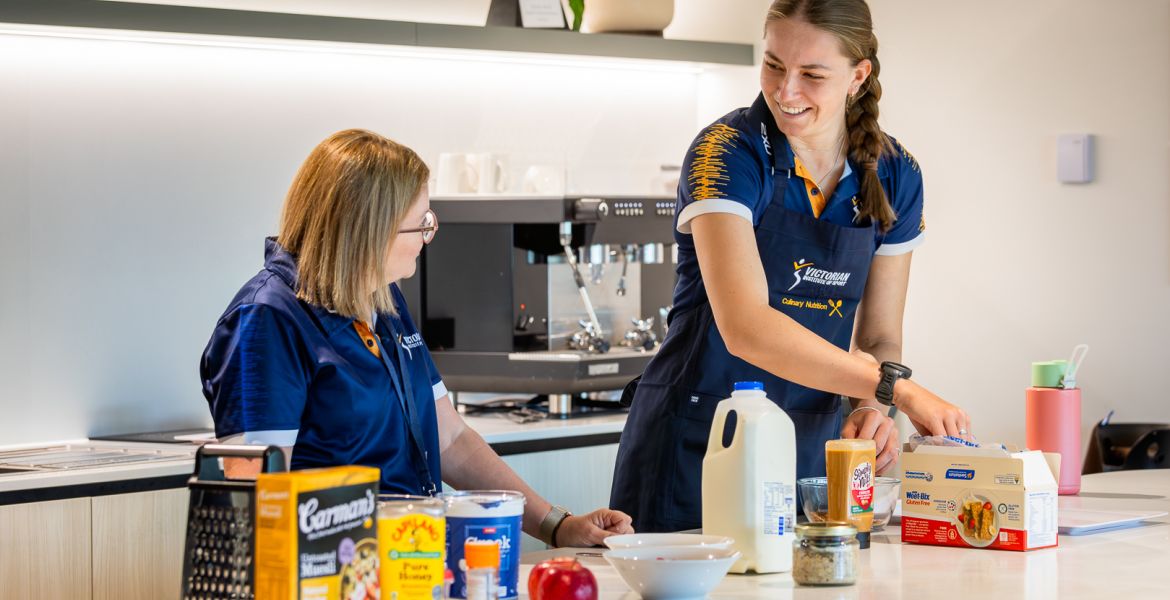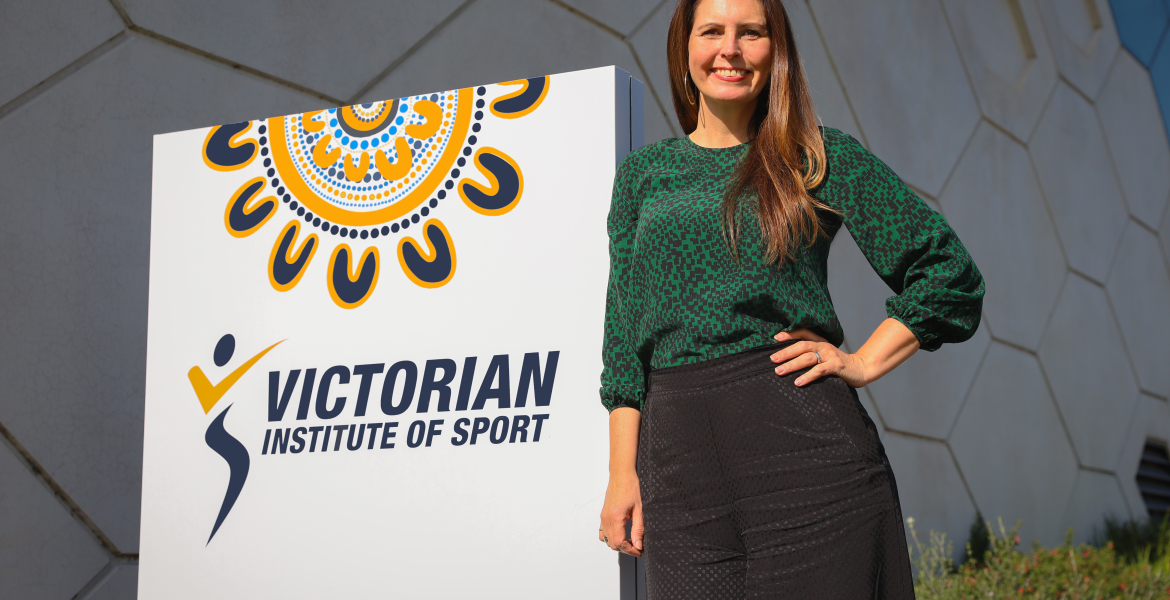Alcott announced shortly after he became the first man in any form of tennis to win a Golden Slam – all four major titles and Paralympic or Olympic gold – that the 2022 Australian Open in January will be his final tournament.
“This is my home and the Australian Open changed my life,” Alcott said. “What a way to finish, in my home city, in front of big, big crowds.”
Victorian Institute of Sport CEO Anne Marie Harrison congratulated Alcott on a tremendous career, saying that he is “a wonderful example of the value and importance of diversity in providing opportunities for athletes to be successful in sport and life.”
“Dylan has been on scholarship for 14 years and in that time has won multiple awards culminating in the Award of Excellence in 2015, which was achieved through his sporting achievements, complemented by him being focused on challenging the status quo for people with disabilities.” Harrison continued. “Dylan is a great role model, not only to people with a disability but also to the general population on how to live a life with no restrictions, no limits and living life to the fullest.”
“The athletes, staff and Board of the Victorian Institute of Sport thank Dylan and wish him all the best for what no doubt will be another exciting chapter in his life.”
It’s only fitting that the champion will bow out in front of a full house in his hometown, Melbourne. Showing the world and a community of people with disabilities that anything is possible.
“The reason I get out of bed is not to win gold medals and Grand Slams, it’s to change perceptions. So that people like me, people with disabilities, can get the opportunities they deserve.” He said.
The noise and reception that Alcott will receive as he makes his way out for his final Open, will be very different to when he first made his international tennis debut, “hidden away on the outside courts.”
“When I played my first Australian Open in 2014, five people were there and four of them were my family!” he said.
“In 2020 there were 12,000 people at Rod Laver, a million people watching it live on Channel 9 and 500 kids with disabilities there.”
Alcott’s elite sporting career began when he was awarded a scholarship at the Victorian Institute of Sport as a wheelchair basketball athlete in 2007. A place he mentions has been with him since the very start of it all.
“I absolutely love the VIS,” he said. “They’ve been behind me since I first started my sporting career and without the VIS, I wouldn’t be here doing what I’m doing today.”
At the 2008 Beijing Paralympic Games he created history as the youngest ever gold medallist for wheelchair basketball. He went on to win a silver Paralympic medal at London 2012, before he decided to make the switch back to his childhood sport, wheelchair tennis in 2014.
Alcott became a dual gold medallist at the Rio 2016 Paralympic Games, winning both the Quad Singles and the Quad Doubles, and most recently won gold in the Quad Singles and silver in the Quad Doubles at Tokyo 2020.
Throughout his whole sporting career, he admits that Paralympic sport had meant so much to him.
“I used to hate myself so much. I hated my disability. I didn’t even want to be here anymore.
“Paralympic sport in general, it saved my life… it was the best thing that ever happened to me.”
“Now I’ve become the only male ever in any form of tennis to win the Golden Slam, which is pretty cool.”
Alcott’s performance at the Tokyo 2020 Paralympic Games was simply incredible. Down 3 games to 5 in the opening set, Sam Schroder looked to be all over him. Until Alcott got to work and showed exactly why he is the world number 1, winning 10 of the final 12 games of the match to secure back-to-back Paralympic gold medals.
Whilst Alcott achieved so much success in his sport, he admits that his “proudest” achievements have been the ones that have come off the tennis court.
“I am so proud of the work we have done,” he said. “Being a good tennis player is not the priority of my life. Being a good person is.”

